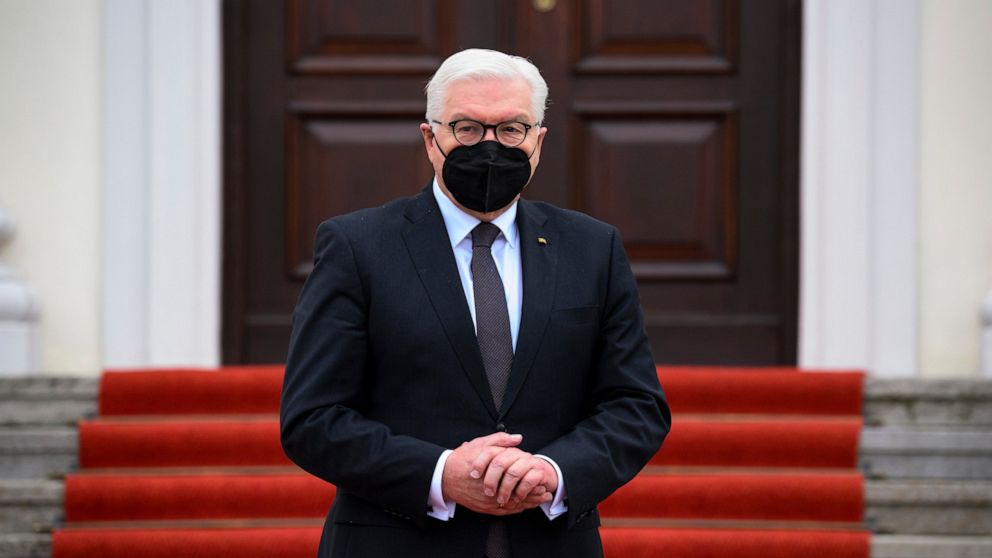[ad_1]
The Environment Ministry plans to review its automobile emission controls in five years in response to an improvement in air quality in major cities covered by the existing measures of the central government.
The ministry will consider the possibility of abolishing the emission regulations as the use of electric and other vehicles that do not emit exhaust gases is likely to expand, contributing to a better air quality, sources familiar with the matter said.
A panel of experts is expected to propose a review of the emission controls to the environment minister in late March. The ministry will then take necessary steps, the sources said.
Municipalities in Tokyo and five prefectures — Saitama, Chiba, Kanagawa, Osaka and Hyogo — were initially designated for the emission controls under the law on emissions of nitrogen oxides from automobiles, which came into force in 1992. Aichi and Mie prefectures were added to the list under a law revision in 2001.
In the areas covered by the countermeasures, heavy and diesel vehicles that do not meet the state-set emission standards cannot be registered.
Businesses using 30 or more units of such trucks and other vehicles are required to submit plans to curb emissions and progress reports to prefectural governors.
The eight prefectures have also launched measures under their own emission reduction programs.
As a result, air quality has improved significantly.
Still, the ministry plans to keep the existing regulations in place for the time being as the concentration of pollutants has not declined to sufficient levels in some areas.
With Aichi and Mie prefectures hoping for the lifting of their designations, the ministry will clarify the requirements for prefectures applying for designation removal, according to the sources.
Prefectures will likely need to confirm through simulations that air quality in their areas would still meet the emission standards five years after the removal of the designations and win support from local residents for the lifting.
In a time of both misinformation and too much information, quality journalism is more crucial than ever.
By subscribing, you can help us get the story right.
SUBSCRIBE NOW
[ad_2]
Source link
















